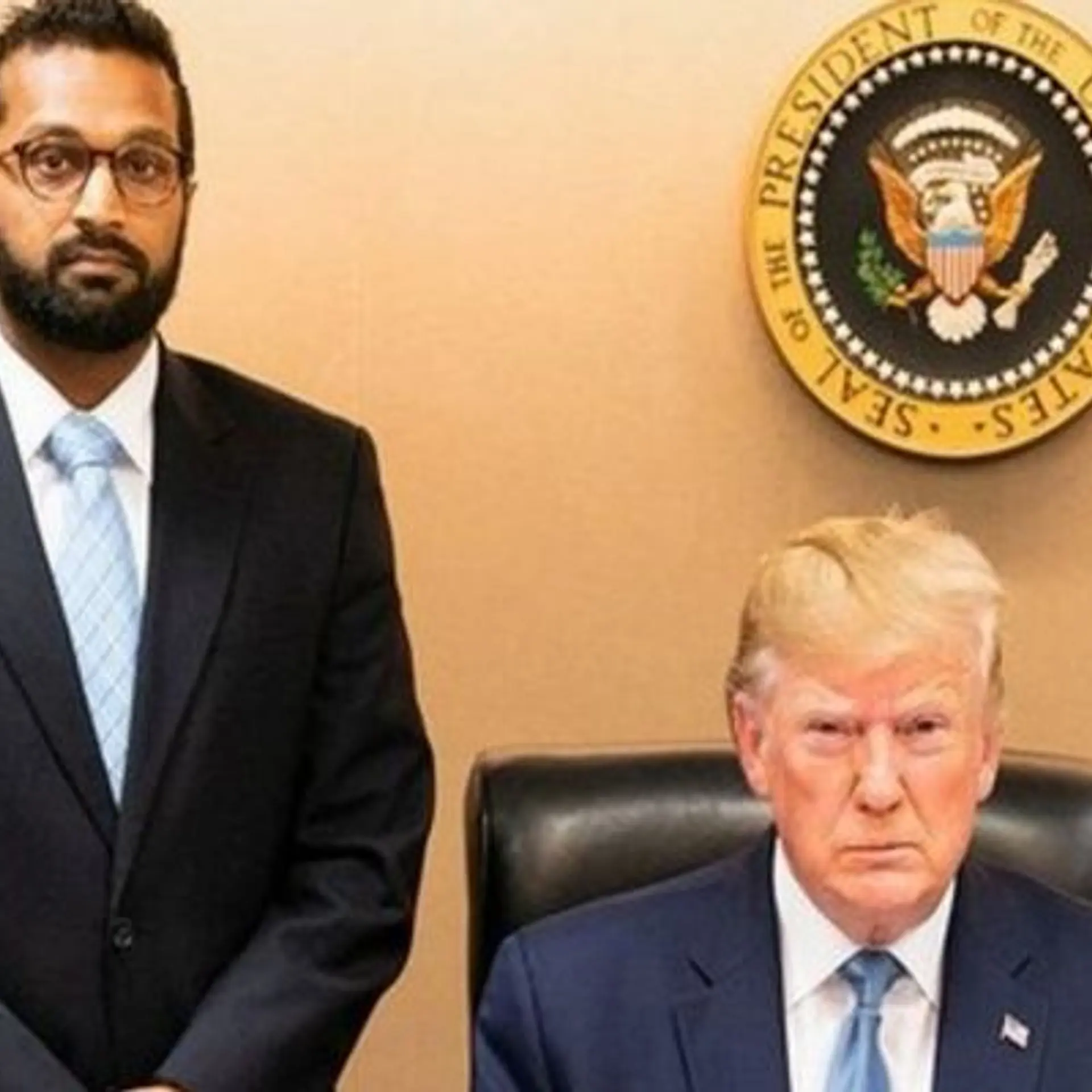Facebook has 100 million monthly active users in Africa
Ten per cent of Africans are already active users of the largest communication service that ever existed, Facebook. In terms of monthly Facebook users Africa is trailing India. Last April, Facebook announced it had reached 100 million users in India.
This week, Facebook announced it has hit the 100 million monthly users milestone in Africa (FB hasn’t provided a breakdown for each country). As of 2014 Q2 there are 200 million Africans connected to the internet. Half of Africa’s netizens are active in Zuke kingdom. Out of the 100 million, 80% of the users come on Facebook on mobile. This shows Africa is not just mobile first but mobile exclusive.
According to Nicola Mendelsohn, EMEA VP at Facebook, “People in high-growth countries want to be connected to the world around them. In countries such as South Africa, Nigeria, Turkey, and elsewhere, mobile devices are increasingly the way people find information, and share their new experiences in the world. We also know that people will experience Facebook in unique ways across the world, especially in high-growth regions like Africa.”

Mark Zukerberg understands that in most of developing regions access to phones and data is being democratized at an accelerated rate, but one thing that isn’t budging is the prohibitive high cost of data. That is why Facebook started to tackle that problem from multiple angles – from setting up o.facebook.com to acquiring WhatsApp and a drone company that could beam wireless internet to users.
Mark Zukerberg said at the Mobile Congress the most expensive part of owning smartphone and using the internet is data connection. The connectivity isn't an end by itself. It’s what the connectivity brings. According to Mark, “Eighty percent of people who haven’t come online don’t live in some extreme remote areas, in fact they live where 2G network is available.” But they don’t want to spend money on the internet because they don’t grasp what internet can do for them. To tackle that Facebook has created a toll-free Internet (911 type of service as a gateway of internet).
The 911 Internet-dial-tone will be equipped with basic services like basic education, messaging, financial services, social networking and search. Facebook has already launched MOOC (Massive Open Online Courses) SocialEDU in Africa— in partnership with Airtel Africa to provide free data for students where Harvard, MIT, and UC Berkely will be content providers. In Zambia, Internet.org has debuted a mobile app that provides free Internet access to wireless subscribers.
Facebook is leading the ambitious Internet.org initiative with diverse ecosystem partners like (device manufactures, telecos, financial, academia and health institutes.) A sign that Facebook has become sort of systems integrator for internet the way IBM was for the enterprise.
Bandwidth speed trills but kills the wallet
Thanks to Africa; the worldwide Facebook’s Android app users can enjoy the speed on the app. That is due to Facebook exec’s recent trip across Africa. During the trip, the engineers realized how painful it is to browse Facebook in Africa. They went and optimized their app for Africa thus making it faster for the whole world. A year ago, Facebook app used to consume 14 megabyte per day. Today, they are down to 2mb per day and they are on their way to cut it down to 1mb per day.
Social + Business
Largely, Africa is a region that has been misunderstood for ages. There is no single entity that has a clear demographic and psychographic data on the Continent’s consumers. Facebook’s rise in the Continent will help the company map consumer behavior like on one else. That my friend, is a gold mine in the making. It’s a wet dream for every major brand in the Continent that is scouting new ways to reach out to net savvy consumers. Jay Altschuler, Director of Global Media, Unilever said, “And in Africa we have found that the best way to engage people we serve is through mobile.”
One example that will give clue as to where Facebook is headed is their click to ‘Missed Call’ feature. When a user encounters an ad on Facebook app, they can click ‘Missed Call’ button on their phone. This helps business to funnel prospective customers while it saves customers money because they don’t have to call the business after seeing an ad – they can receive inbound call from advertisers.
“Businesses in high-growth countries need customized solutions to connect with people, and to help meet this need we’re rethinking how we develop and implement products and services,” said the company statement. Facebook already provides advertisers with the ability to place and target ads even on feature phones.
Infographics Source/Credit (The Next Web)







